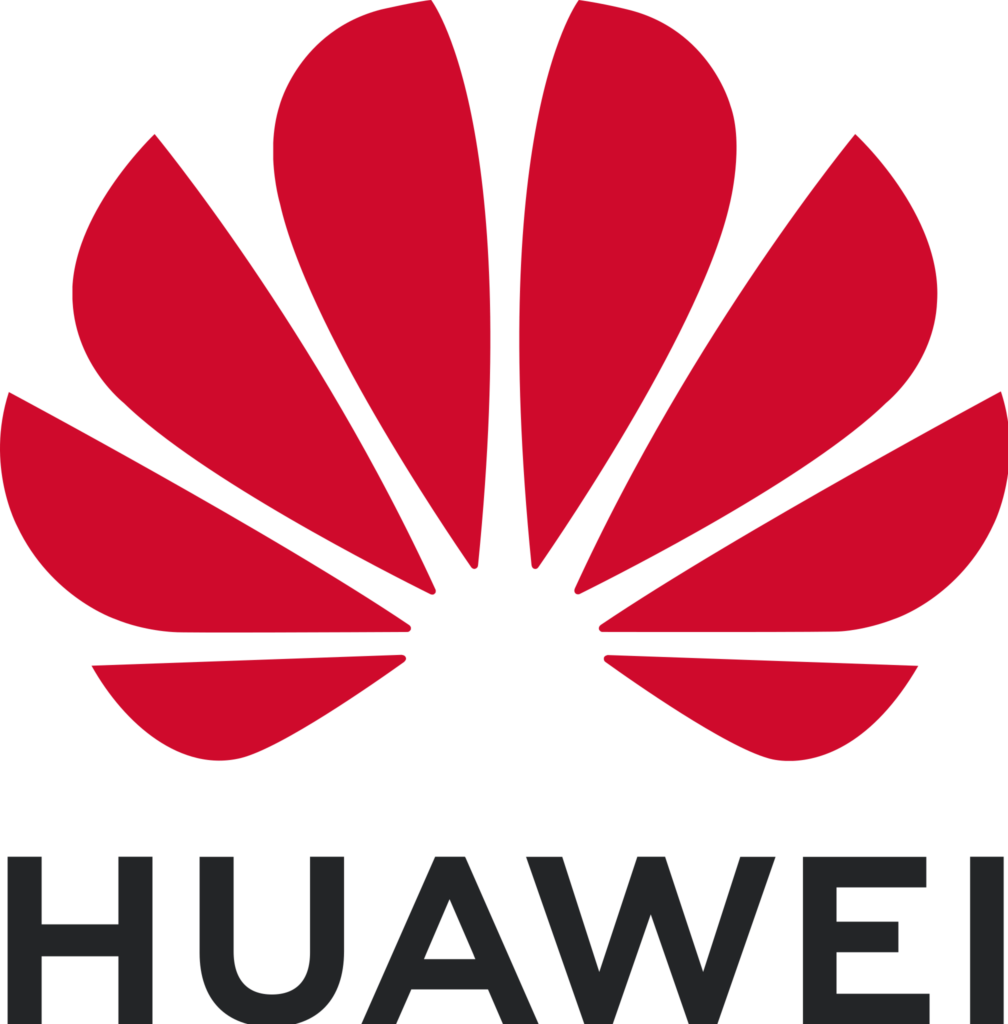Huawei Technologies Co., Ltd. (/ˈhwɑːweɪ/ HWAH-way; Chinese: 华为; pinyin: Huáwéi) is a Chinese multinational technology corporation headquartered in Shenzhen, Guangdong. It designs, develops, manufactures and sells telecommunications equipment, consumer electronics, smart devices and various rooftop solar products.
The corporation was founded in 1987 by Ren Zhengfei, a former officer in the People’s Liberation Army (PLA). Initially focused on manufacturing phone switches, Huawei has expanded its business to include building telecommunications networks, providing operational and consulting services and equipment to enterprises inside and outside of China, and manufacturing communications devices for the consumer market.
Huawei has deployed its products and services in more than 170 countries and areas. It overtook Ericsson in 2012 as the largest telecommunications equipment manufacturer in the world, and overtook Apple in 2018 as the second-largest manufacturer of smartphones in the world, behind Samsung Electronics. In July 2020, Huawei surpassed Samsung and Apple in the number of phones shipped worldwide for the first time. In 2022, Huawei reported annual revenue of US$92.6 billion.
Although successful internationally, Huawei has faced difficulties in some markets, arising from its state support, links to the PLA and Ministry of State Security (MSS), and concerns that Huawei’s infrastructure equipment may enable surveillance by the Chinese government. With the development of 5G wireless networks, there have been calls from the US and its allies to not do any kind of business with Huawei or other Chinese telecommunications companies such as ZTE. Huawei has argued that its products posed “no greater cybersecurity risk” than those of any other vendor, that the US has not shown evidence of espionage, and that the allegations are hypocritical as the American government itself conducts state surveillance programmes. However, experts point out that the 2014 Counter-Espionage Law and 2017 National Intelligence Law of the People’s Republic of China are far-reaching legislation that compels Huawei and other companies to cooperate in gathering intelligence. According to former staff “it is no secret that employees often work with intelligence officials embedded in the company”, with 25,000 Huawei employees previously serving in the MSS or the PLA, including former chairwoman Sun Yafang. In 2012, Australian and US intelligence agencies concluded that a hack on Australia’s telecom networks was conducted by or through Huawei, although the two network operators have disputed that information.
